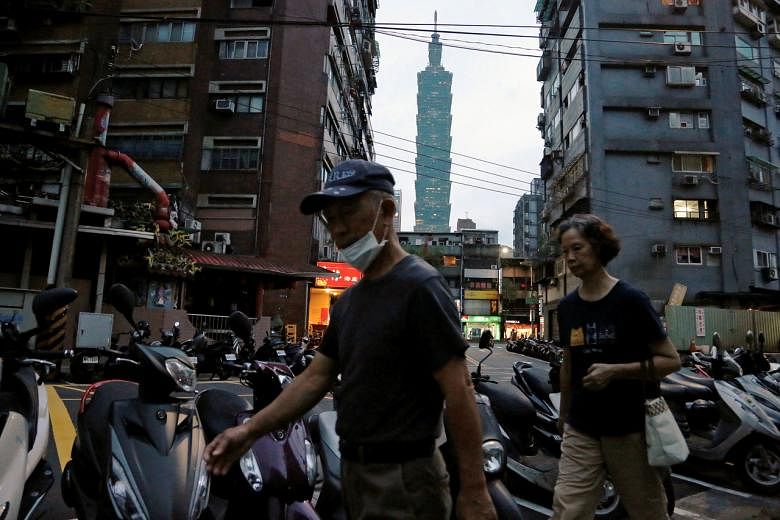TAIPEI - Taiwan's first large-scale testing programme for Covid-19 antibodies has yielded very encouraging results, showing low exposure rates among participants who were at higher risk of infection.
The programme is a joint collaboration between National Taiwan University's (NTU) College of Public Health and the Changhua County government.
Mass testing was conducted between June 11 and Aug 12, targeting four high-risk groups and a control group.
The high-risk groups comprise people who had already got Covid-19 and recovered, those who were in close contact with them, such as medical staff, and people who went through home isolation after returning from overseas.
Changhua County Public Health Bureau director Yeh Yen-po announced the results on Thursday (Aug 27), saying that the study aimed to test participants for neutralising antibodies after they had been exposed to Covid-19.
The results would indicate the spread of the disease islandwide in February and March, when confirmed cases were rapidly increasing.
A total of 4,841 high-risk participants had their blood samples analysed, with four of them testing positive.
This equates to a positive rate of 0.083 per cent, meaning only 8.3 people out of 10,000 had been infected in a high-risk group for Covid-19.
These results show there is extremely low risk of community transmission in Taiwan, said Mr Yeh.
The low transmission rate underlines the success of the Central Epidemic Command Centre's (CECC) disease prevention efforts.
"There is no need for universal screening (in Taiwan)," Mr Yeh concluded.
Mr Yeh also discussed another part of the study, in which researchers tested for antibodies 18 confirmed Covid-19 cases who were diagnosed between January and April.
All of them were found to still have neutralising antibodies.
"It's especially great news that they have retained antibodies even after 100 days of contracting the virus," Mr Yeh said.
This means these people are more likely to be immune against the virus in the future, he noted.
Taiwan has kept the Covid-19 outbreak under control for months, thanks to the government's imposition of swift isolation and massive production of masks.
As of Saturday, 488 cases of infection and seven deaths have been recorded by the Taiwan Centres for Disease Control since the island's first case emerged in January.












